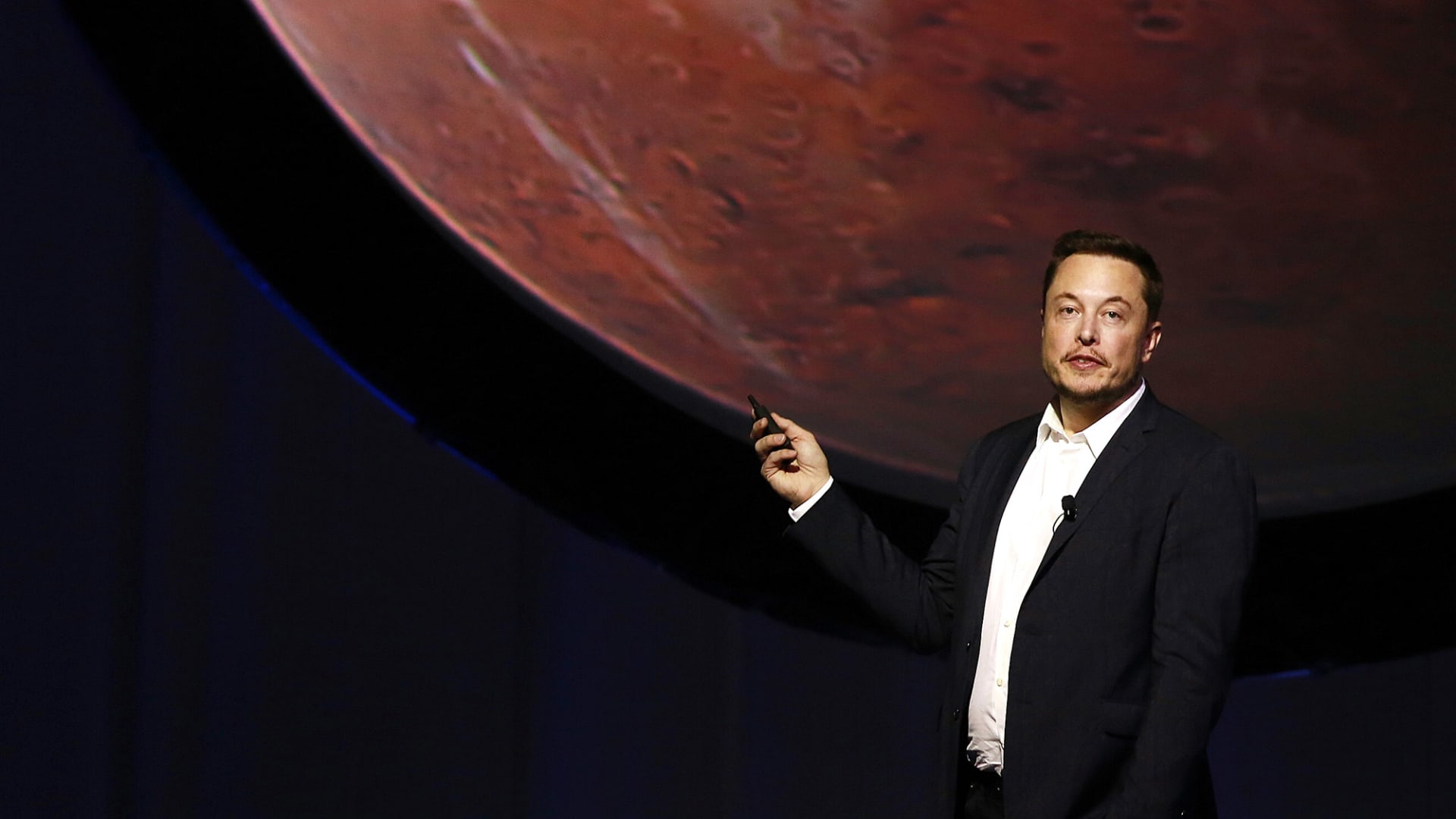Bill Gates questioned whether Elon Musk’s current priorities would make him a good philanthropist, taking issue with his fellow billionaire’s ambition to send people to Mars.
In an interview with the BBC, set to be broadcast on Friday evening, the Microsoft co-founder was asked if he thought Musk would qualify as a philanthropist. Gates responded saying he doesn’t think Musk is one currently but that this may change in future.
“Things like Tesla are having a positive impact, even without being a form of philanthropy,” Gates said. “I think some day he will join the rank of philanthropists using his ingenuity,” he added.
He questioned the billionaire’s vision of colonizing Mars. Musk’s space exploration venture, SpaceX, is spending aggressively on spacecraft and rockets in the hope that it will one day send humans to the red planet.
Asked by BBC journalist Amol Rajan if going to Mars was a good use of money, Gates said: “Not in my view.”
He added that funding vaccine development was a better use of cash than putting people on Mars.
“It’s actually quite expensive to go to Mars,” he said. “You can buy measles vaccines and save lives for a thousand dollars per life saved.”
“It just kind of grounds you. Don’t go to Mars.”
Gates and Musk have frequently feuded over the years. In April, Musk said he asked Gates if he was short-selling Tesla — in other words, betting that the price of the electric carmaker’s stock would fall.
When Gates revealed in 2020 that he bought himself an all-electric Porsche Taycan, a Twitter user asked: “I wonder why Bill Gates decided to go with the Taycan instead of a Tesla.”
Musk responded in a tweet: “My conversations with Gates have been underwhelming tbh [to be honest].”
Musk has also previously speculated on the possibility of Gates shorting his company’s stock. Asked about those comments and whether he was short Tesla, Gates told CNBC last year: “I don’t talk about my investments but I think he should be very proud of what he’s done.”
In a Bloomberg interview also in February 2021, Gates said that he wished he had “been more on the long side” of Tesla when asked about Musk’s claims.
—CNBC’s Joanna Tan contributed to this report
